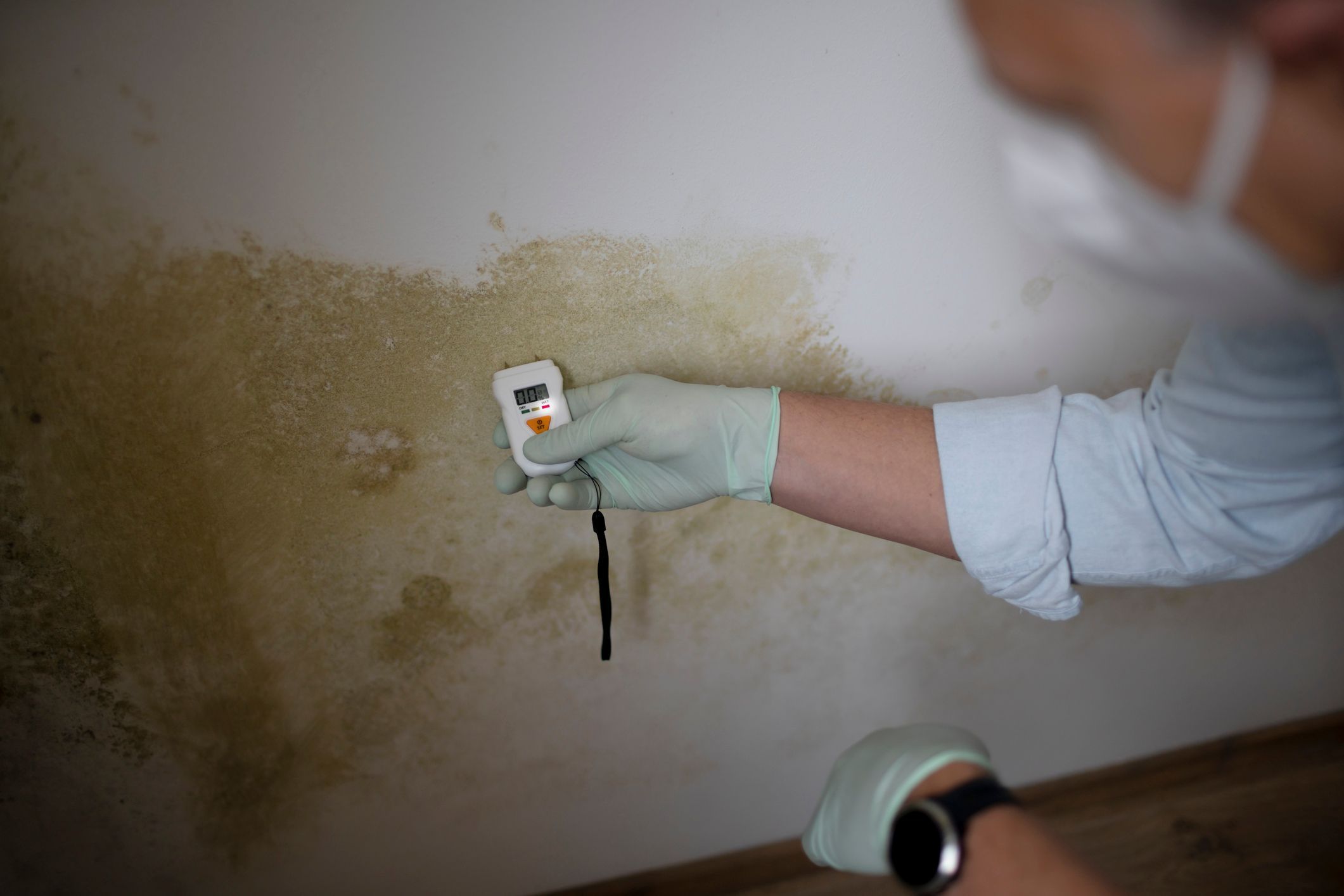Challenges of Applying Vinyl Wraps in Humid Conditions
Moisture
When air moisture condenses on surfaces, it compromises the bond between the vinyl wrap adhesive and its substrate. Its presence leads to bubbles, wrinkles, and an uneven finish, especially in coastal or tropical regions. While using a heat gun or dehumidifying the workspace can help, completely preventing this issue in humid environments is still a hurdle.
Temperature Fluctuations
Rapid changes between warm and cool conditions cause vinyl wraps to stretch and shrink. If the application happens in a hot environment, the vinyl can become flappy and difficult to handle. In a cold environment, the vinyl becomes brittle and less pliable. These fluctuations stress the adhesive bond and cause potential failures, like premature lifting or curling at the edges.
Contaminant Accumulation
In humid conditions, it’s not just moisture in the air. There’s also dust, dirt, pollen, and a few other airborne contaminants. When these particles get trapped under a vinyl wrap, they create bubble formations and other imperfections that impede its aesthetic. Even after surface cleaning, it can be difficult to keep a smooth finish.
Extended Curing Time
Once a vinyl wrap is applied, it requires time to set and fully bond to a surface. In humid conditions, the curing process is typically slower due to excess air moisture which interferes with the adhesive. This delay increases the risk of premature handling, causing defects such as wrinkles and weak spots. In environments with high humidity, the vinyl wrap may fail to cure completely and become more prone to lifting.
Essential Factors When Choosing an Adhesive for Vinyl Wraps in Humid Environments
Moisture Resistance
Moisture resistance is a critical factor when selecting an adhesive in a humid environment. For bonds to maintain their integrity in the face of condensation and liquid exposure, a humidity-resistant adhesive is the best bet.
Temperature Tolerance
Choose adhesives that can endure both heat and cold without losing its grip. Heat-resistant adhesives are particularly useful in applications where temperature spikes are common. Cover Styl’s advanced formulations offer the tolerance needed for longevity and stability.
Curing Time
If an adhesive takes too long to cure, it may be more vulnerable to environmental factors. Opt for adhesives with appropriate curing times that allow for adjustments during application but set firmly to resist humidity-related issues.
Durability
Durability is important for long-term applications such as flooring or automobiles. The adhesive should offer long-term performance, maintaining its bond strength despite exposure to humid conditions.
Surface Compatibility
Different surfaces react differently to adhesives, especially in humid conditions. Ensure the adhesive is formulated for the intended substrate to prevent bonding and performance issues.

Different Types of Adhesives Used For Vinyl Wraps
Pressure-Sensitive Adhesives (PSA)
PSA is the most common adhesive for vinyl wraps in humid environments. It forms a bond when pressure is applied, allowing for repositioning before full adhesion. This adhesive is ideal for vehicle wraps and signage because it offers flexibility and ease of application.
Solvent-Based Adhesives
Solvent-based adhesives provide strong, long-lasting bonds that resist moisture, heat, and environmental exposure. They are commonly used for outdoor vinyl applications where durability is essential, but they require proper ventilation during installation.
Acrylic-Based Adhesives
Acrylic adhesives offer a balance of durability, UV resistance, and temperature stability. They are commonly used for long-term vinyl wraps, as they resist yellowing and breakdown over time, making them suitable for both indoor and outdoor applications.
Removable Adhesives
These adhesives are designed for temporary applications, allowing the vinyl wrap to be removed without leaving residue or damaging the surface. They are commonly used for short-term promotions, event graphics, and temporary vehicle wraps.
Heat-Activated Adhesives
Heat-activated adhesives require heat exposure to bond fully. They are useful for specialized vinyl wraps that need extra durability, such as high-performance vehicles or industrial machinery. Heat application ensures a stronger and more permanent bond.
Performance Benchmarks
Initial Tack: Measures how quickly the adhesive bonds upon contact. High initial tack is beneficial in humid conditions to counteract moisture interference.
Peel Strength: Indicates the force required to remove the vinyl, reflecting the adhesive’s bond strength.
Shear Strength: Assesses the adhesive’s ability to resist sliding forces, important for vertical applications.
Best Practices for Successful Vinyl Wrap Application in High Humidity
Control the Environment
Apply vinyl wraps in a controlled environment with humidity levels below 50% when possible. The ambient temperature during installation must be between 12°C and 38°C, with moisture levels below 10%.
Surface Preparation
Thoroughly clean and dry the surface to remove any contaminants or moisture before application. For optimal results, ensure the surface is smooth.
Adhesion Test
An adhesion test should be performed to ensure compatibility with the adhesive.
Use of Sealants
In areas prone to direct water exposure, such as bathrooms, apply silicone sealant to the edges of the vinyl to prevent water ingress.
Proper Application Techniques
Follow Cover Styl’s guide for application, including temperature recommendations and curing times, to ensure optimal adhesion.
Cover Styl’s Solutions for Humid Environments
Moisture-Resistant Adhesives
Cover Styl’s products feature adhesives that are resistant to moisture, making them ideal for use in humid environments.
Durable Finishes
The wall coverings are designed to withstand environmental stresses, ensuring longevity and maintaining aesthetic appeal over time.
Versatile Applications
Suitable for a variety of surfaces, Cover Styl’s adhesive wall coverings can be used to renovate walls and furniture, providing a cost-effective solution for interior design challenges.
Antibacterial Properties
Cover Styl’s interior films pass the common standard for antimicrobial hard surface performance. This achievement highlights the quality of its vinyls in both living and working spaces.
Final Thoughts
Selecting the best adhesive for humid areas is critical to ensuring durability and performance. By understanding the challenges posed by humidity and considering factors such as moisture resistance, temperature tolerance, curing time, and durability, you can achieve long-lasting results. As a leader in adhesive wall coverings, Cover Styl ensures that every application benefits from advanced technology and superior performance.
For product consultations, demonstrations, or to request a quote, contact Cover Styl today.
